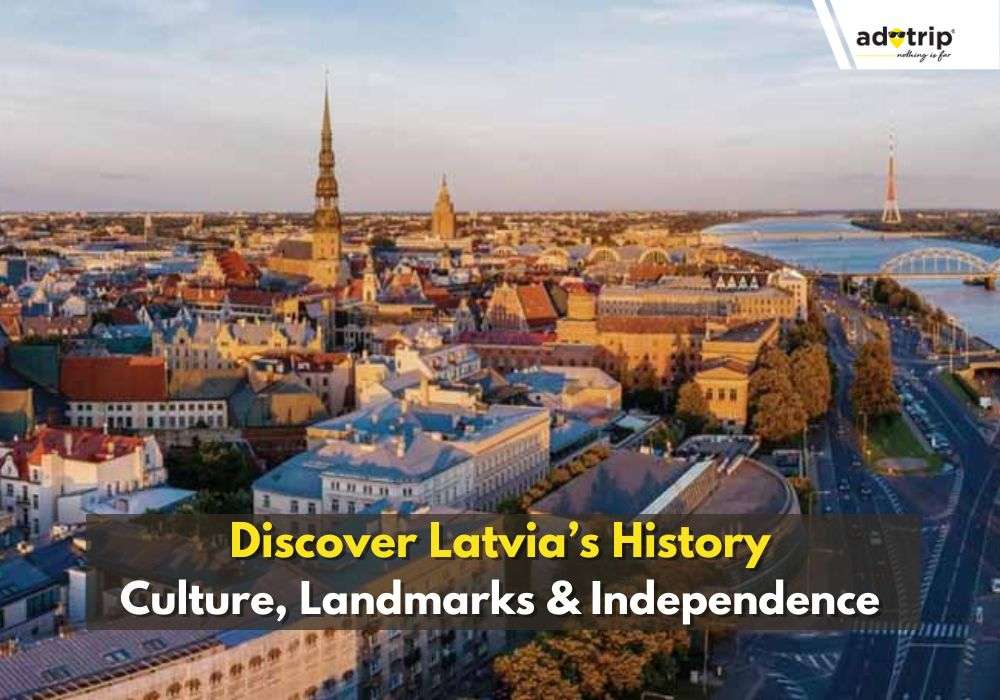
Last Updated At: 04-Jul-2025
Discover Latvia’s History: Culture, Landmarks & Independence
Tucked away in Northern Europe, Latvia boasts vibrant folk traditions encompassing music, dance, and crafts. Its mediaeval Old Town in Riga and the enchanting Baltic Sea coastline reflect a rich cultural heritage. From ancient civilizations to modern struggles for independence, the history of Latvia unfolds as a captivating saga. Ideal from June to mid-September, Latvia offers a budget-friendly European experience. Despite being more economical than Western Europe, it maintains a unique charm. Riga International Airport, a gateway to Latvia, sees around 5 million passengers annually. Immerse yourself in Latvia's history and charm with us. So, let's begin!
History Of Latvia - Struggle for Independence
As we delve into the History of Latvia, we traverse the ages—from the mediaeval castles echoing tales of the past to the challenges of the 20th century. Join us in exploring Latvia's rich heritage, a mosaic of traditions, geopolitics, and a continuous quest for national identity.
- Ancient Roots | Latvia's Early Civilizations
- Mediaeval Heritage | Chronicles of Riga
- Baltic Crossroads | Latvia's Cultural Fusion
- Independence Struggle | Nation Reborn
- Soviet Shadows | Latvia Amidst Turmoil
- Post-Soviet Renaissance | Embracing Freedom
- Baltic Unity | Latvia's Regional Impact
- Artistic Evolution | Latvia's Creative Legacy
- Global Connections | Latvia's 20th Century Transitions
- Contemporary Latvia | Innovations and Progress
1. Ancient Roots - Latvia's Early Civilizations
Latvia's ancient roots trace back to early civilizations that flourished along its vast landscapes. Archaeological findings reveal the dynamic societies engaged in trade and agriculture. This period laid the groundwork for Latvia's unique identity, influencing subsequent eras and contributing to the nation's rich cultural heritage.
2. Mediaeval Heritage - Chronicles of Riga
Riga, the capital, echoes the tales of Latvia's mediaeval heritage. Riga's historical landmarks in the Old Town showcase the city's role as a mediaeval trading hub. Riga Cathedral, the House of the Blackheads, and the mediaeval city walls stand as living testaments to Latvia's mediaeval history, reflecting the people's resilience through the ages.
3. Baltic Crossroads - Latvia's Cultural Fusion
At the crossroads of Baltic history, Latvia has absorbed diverse cultural influences. This fusion of Nordic, Germanic, and Slavic elements has shaped Latvian cultural heritage. The nation's identity is intricately woven into the fabric of Baltic history, where trade, alliances, and shared traditions have defined Latvia's unique place in the region.
4. Independence Struggle - Nation Reborn
Latvia's struggle for independence in the early 20th century marked a pivotal chapter. The declaration of Latvian independence in 1918 was followed by the War of Independence, a period of turmoil and resilience. These efforts culminated in Latvian independence and the establishment of a sovereign nation.
5. Soviet Shadows - Latvia Amidst Turmoil
World War II cast shadows over Latvia as the nation endured the complex interplay of geopolitical forces. Soviet occupation, Nazi rule, and subsequent reoccupation marked a tumultuous period. During World War II, Latvia's historical events left enduring imprints, testing its resilience and shaping its post-war trajectory.
6. Post-Soviet Renaissance - Embracing Freedom
The post-Soviet era witnessed Latvia's resurgence as it embraced newfound Freedom. The early 1990s marked a transformative period of rebuilding and redefining national identity. Latvia's commitment to preserving its cultural heritage while actively participating in the global community reflects a nation that emerged from the shadows of history with determination and hope.
7. Baltic Unity - Latvia's Regional Impact
Latvia's historical events are intricately connected to the broader Baltic region. The nation's diplomatic engagements, alliances, and shared challenges contribute to Baltic unity. Latvia's role in regional affairs showcases its impact on the geopolitical landscape, fostering collaboration and solidarity among Baltic nations.
8. Artistic Evolution - Latvia's Creative Legacy
Latvia's cultural heritage extends to its artistic evolution. The nation's creative legacy encompasses literature, music, and visual arts. This cultural richness is expressed in the works of renowned Latvian artists, writers, and musicians, leaving an indelible mark on the nation's history and contributing to the global artistic landscape.
9. Global Connections - Latvia's 20th Century Transitions
Latvia's 20th-century transitions reflect a period of global connections and shifts. From the challenges of independence to the complexities of World War II and the subsequent Soviet era, Latvia's historical events are entwined with broader global dynamics. These transitions shaped Latvia's identity and trajectory on the international stage.
10. Contemporary Latvia - Innovations and Progress
Today, Latvia stands at the forefront of innovation and progress. The nation's commitment to modernity while preserving its historical roots is evident in technological advancements and contributions to global initiatives. Contemporary Latvia is a dynamic blend of historical resilience and forward-looking aspirations, showcasing a nation that has navigated its complex history with determination and optimism.
Read More : Food Of Latvia
Latvia's history is a compelling narrative of resilience, cultural richness, and a continuous quest for identity. From ancient roots to the challenges of the 20th century, Latvia has weathered the storms of history with determination. The echoes of mediaeval tales in Riga's historical landmarks, the struggles for independence, and the nation's post-Soviet renaissance all contribute to Latvia's unique narrative. As the nation strides into the future, it carries the weight of its historical experiences, shaping a contemporary Latvia that blends innovation with a deep appreciation for its enduring cultural heritage.
Plan your visit with Adotrip today. Obtain a wealth of information and end-to-end travel assistance and book flights, hotels and tour Packages under one roof.
With us, Nothing is far!
Frequently Asked Questions About The History Of Latvia
Q1. When did Latvia gain independence from Russia?
A1. Latvia gained independence from Russia on November 18, 1918.
Q2. What historical events shaped Latvia's borders and territorial changes?
A2. Here's a brief overview of some key events that have impacted Latvia's territorial landscape:
- Formation of Latvian tribes: Baltic tribes, the ancestors of modern Latvians, inhabited the region, with distinct tribal areas emerging.
- German conquest and Livonian Crusade (12th-13th centuries): German crusaders arrived in the 12th century, aiming to convert the pagan Baltics to Christianity.
- Livonian War (1558-1583): A devastating conflict between Russia, the Polish-Lithuanian Commonwealth, Sweden, and Denmark for control of Livonia.
- World War I and German occupation
- Declaration of Independence and Latvian War of Independence (1918-1920)
Q3. How did Latvia experience World War II and the Soviet occupation?
A3. During World War II, Latvia faced a complex period of turmoil. Initially occupied by the Soviet Union in 1940, it suffered under Nazi rule in 1941-1944. The Soviets reoccupied Latvia in 1944, leading to mass deportations and political repression. The nation endured the impact of global conflicts, leaving enduring imprints on its history.
Q4. Who were some notable figures in Latvia's history?
A4. Some notable figures in Latvia's history include:
- Kārlis Ulmanis: Prominent political leader and Latvia's Prime Minister.
- Jānis Čakste: The first President of Latvia.
- Lāčplēsis: A mythical hero symbolising Latvian independence.
- Andrejs Pumpurs: Author of the Latvian national epic, "Lāčplēsis.
Q5. When did Latvia join the European Union and NATO?
A5. Latvia joined the European Union on May 1, 2004, and NATO on March 29, 2004.
--- Published By Adotrip
Latest Blogs
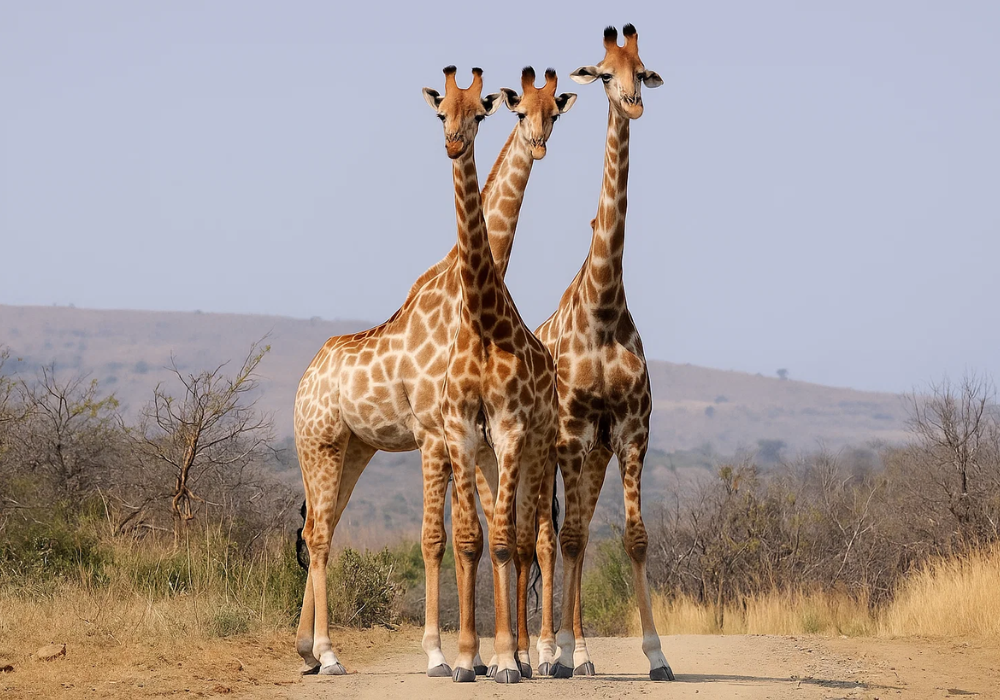
Cash in the Wild: My Safari Adventure Across Kenya with Only...
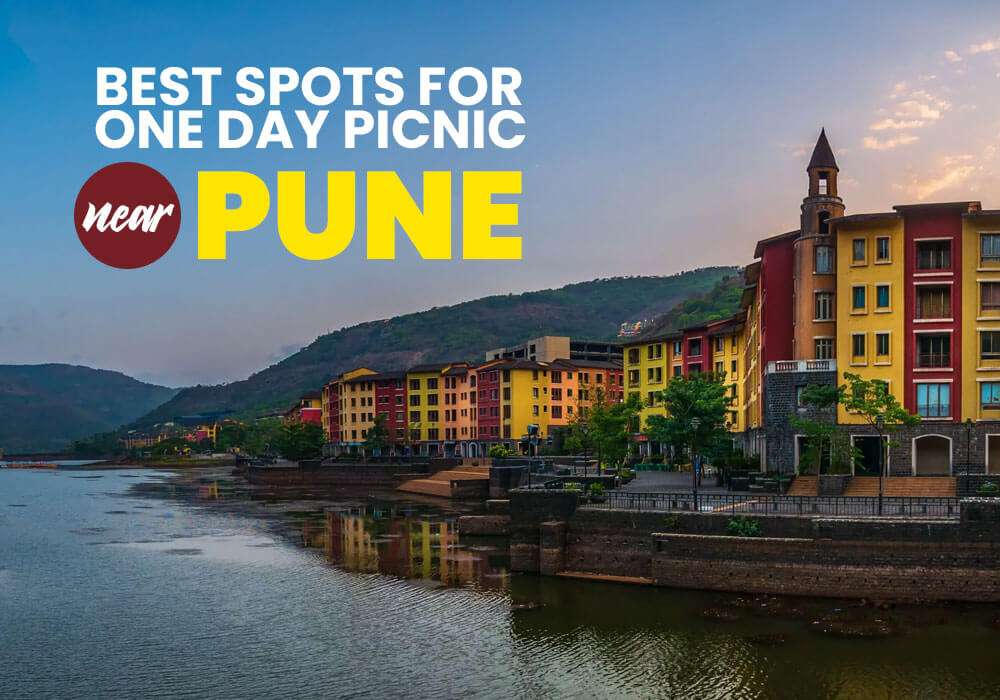
One Day Picnic Spot Near Pune - Adventure, Trekking and Natu...
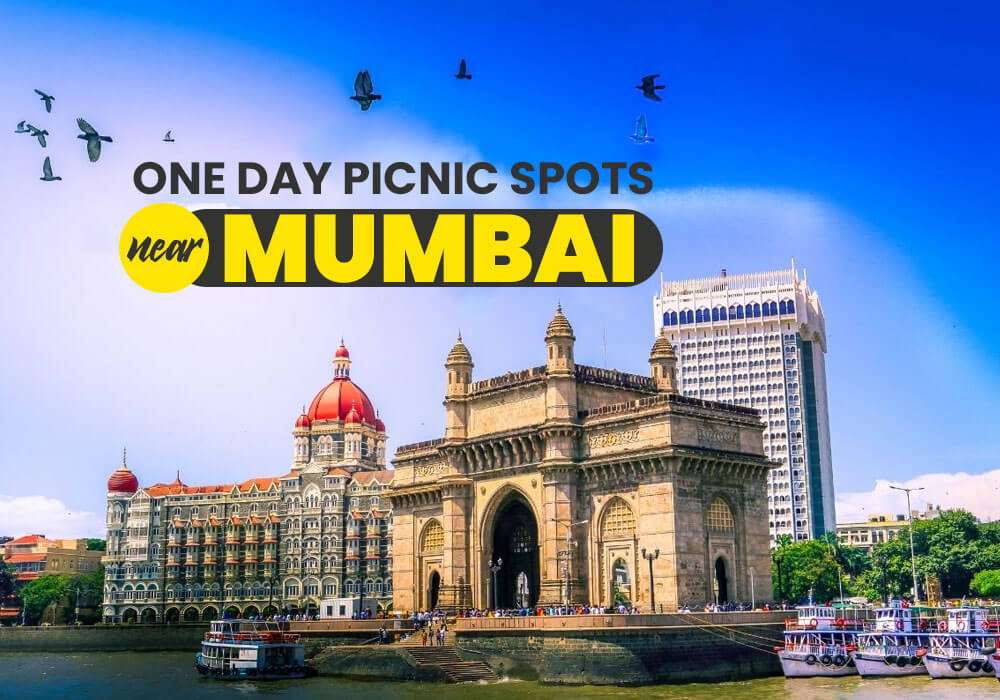
One Day Picnic Spots Near Mumbai - Monsoon, Adventure, Beach...
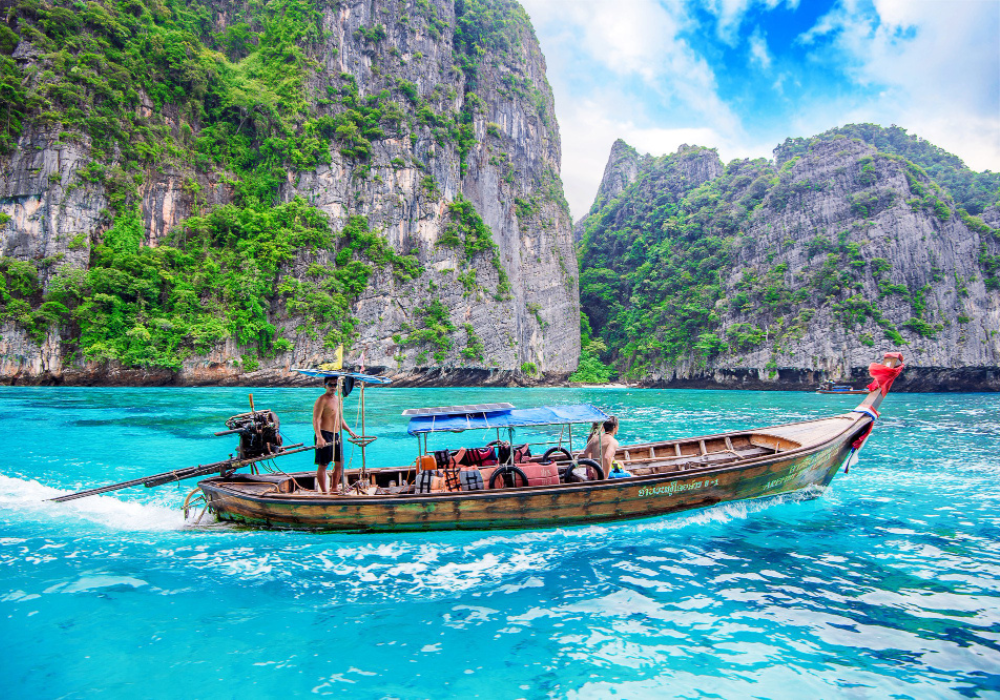
The Best Places to Go in Thailand in 2025



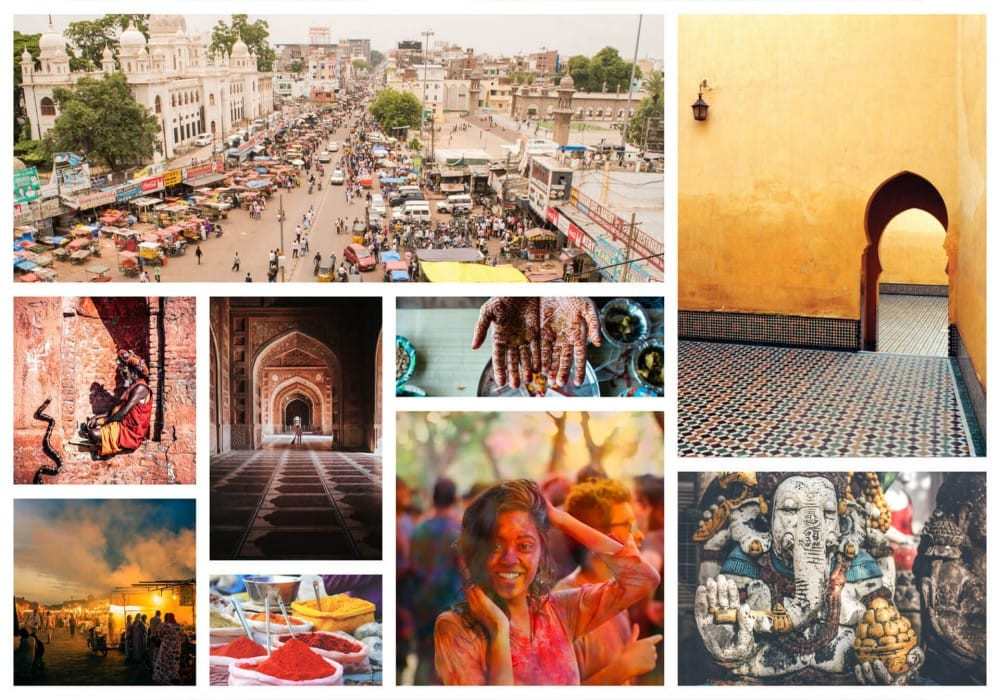
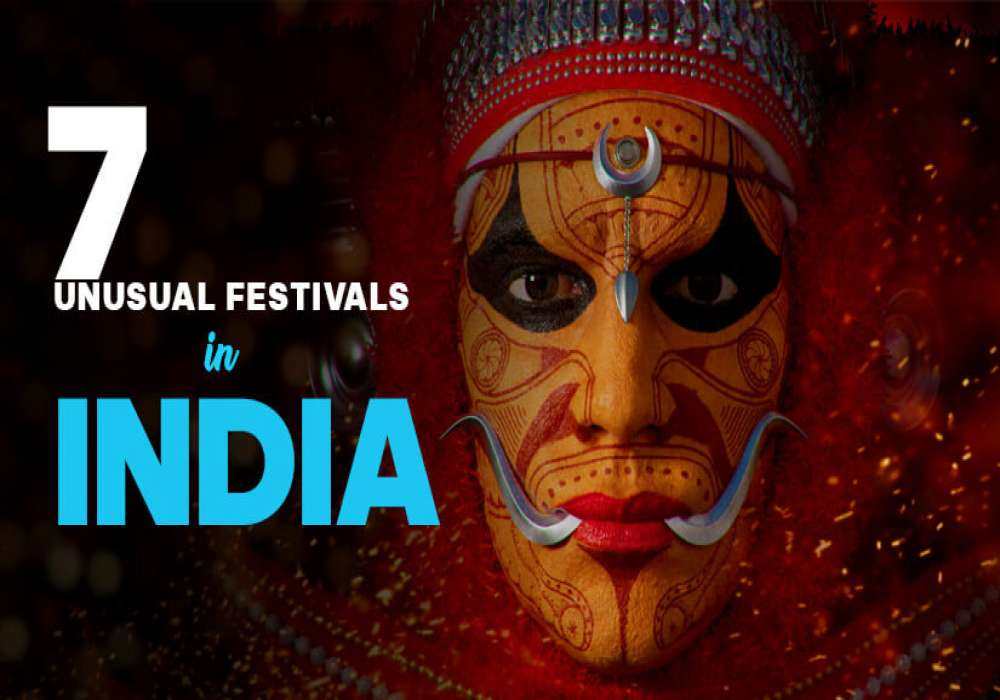


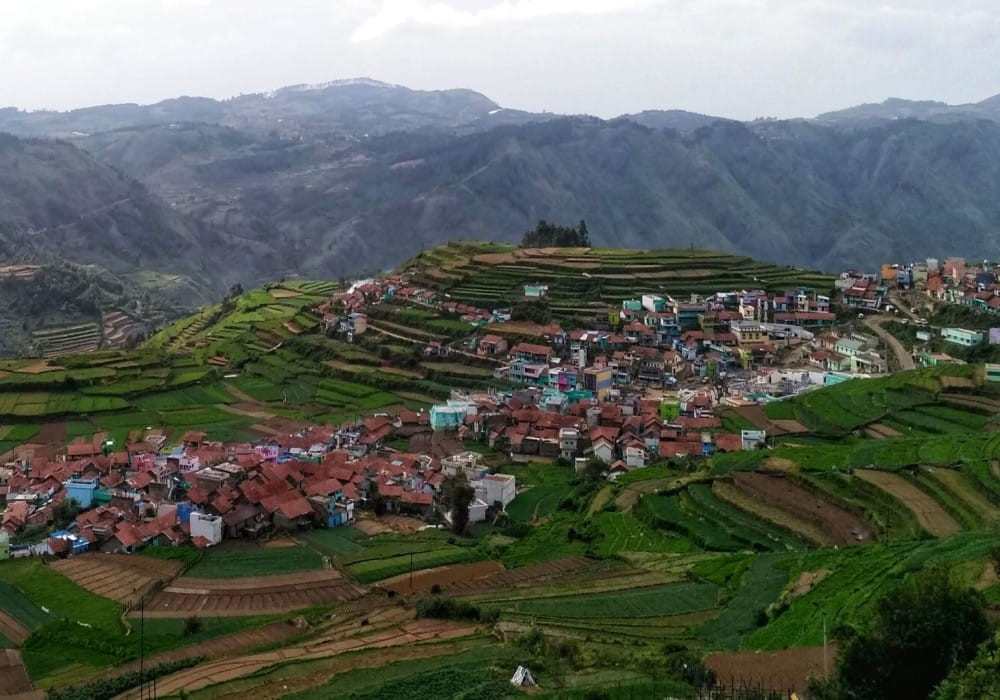


 Dubai
Dubai Malaysia
Malaysia USA
USA





